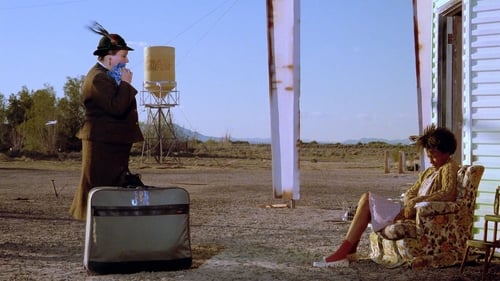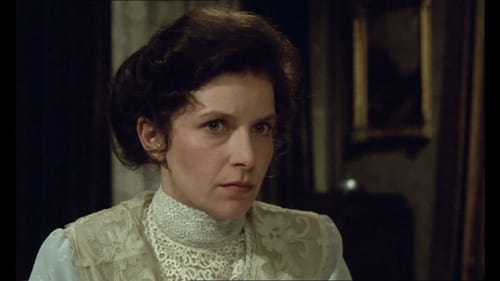
First Assistant Director
アメリカ西部の砂漠で、突然、夫と別れたドイツ人旅行者ジャスミン。その砂漠で、家庭も仕事もうまくいかず、日々ストレスを抱え込むカフェ&モーテルのボス、ブレンダ。打ち解けるはずのない二人が、やがてかけがいのない友情で結ばれていく。

Assistant Director
Polish socialist and Marxist Rosa Luxemburg works tirelessly in the service of revolution in early 20th century Poland and Germany. While Luxemburg campaigns for her beliefs, she is repeatedly imprisoned as she forms the Spartacist League offering a new vision for Germany.

Assistant Director
On the occasion of his last regulars’ table in his old neighbourhood of Schwabing, the laconic pensioner Schorsch gets paid a cab drive to his new home in Neuperlach in the outskirts of the city by his pals. But Schorsch rather wants to take one last look at his old downtown apartment which he had renovated himself after the war, and where he had lived for almost forty years until his landlord bullied him out of there as the latter wanted to use the space for expensive luxury apartments. Because Schorsch’s wife wanted to move to “the countryside”, they thereupon moved to the Neuperlach development site in the outskirts of Munich. But amongst the uniformly looking housing blocks, Schorsch can’t even find his new apartment, and so, the grumpy cabdriver Gustl becomes his companion on a nightly odyssey.

Assistant Director
Germany, 1968: The priest's daughters Marianna and Juliane both fight for changes in society, like making abortion legal. However their means are totally different: while Juliane's committed as a reporter, her sister joins a terroristic organization. After she's caught by the police and put into isolation jail, Juliane remains as her last connection to the rest of the world. Although she doesn't accept her sister's arguments and her boyfriend Wolfgang doesn't want her to, Juliane keeps on helping her sister. She begins to question the way her sister is treated.

Assistant Director
The movie depicts the events from July until September of 1914 which led to the defeat of the German troops at the Marne. While Sebastian Haffner explains and comments on operations and decisions on the basis of situation maps, key scenes are depicted by actors. A main focus is thereby placed by Haffner onto the controversial mission of lieutenant-colonel Richard Hentsch who is said to have, during a war patrol to the various army high commands, contributed to the abortion of the operations significantly.




